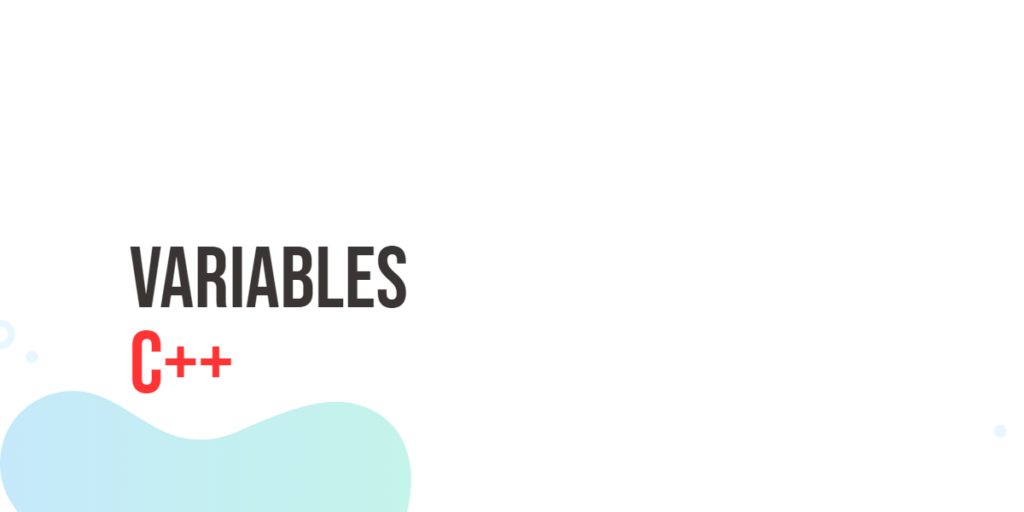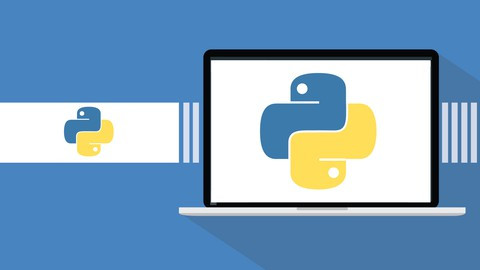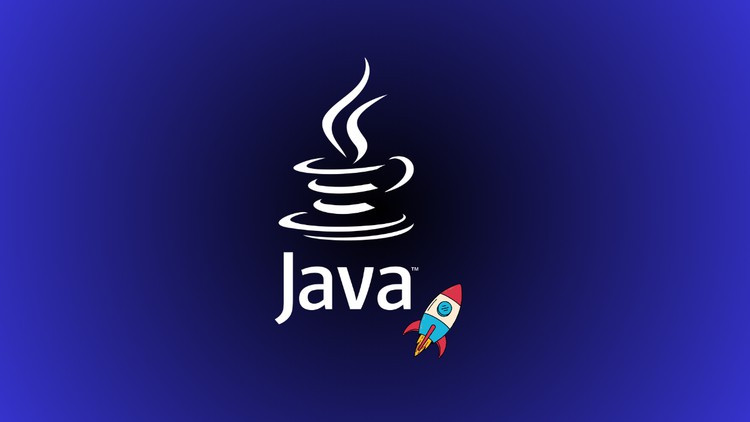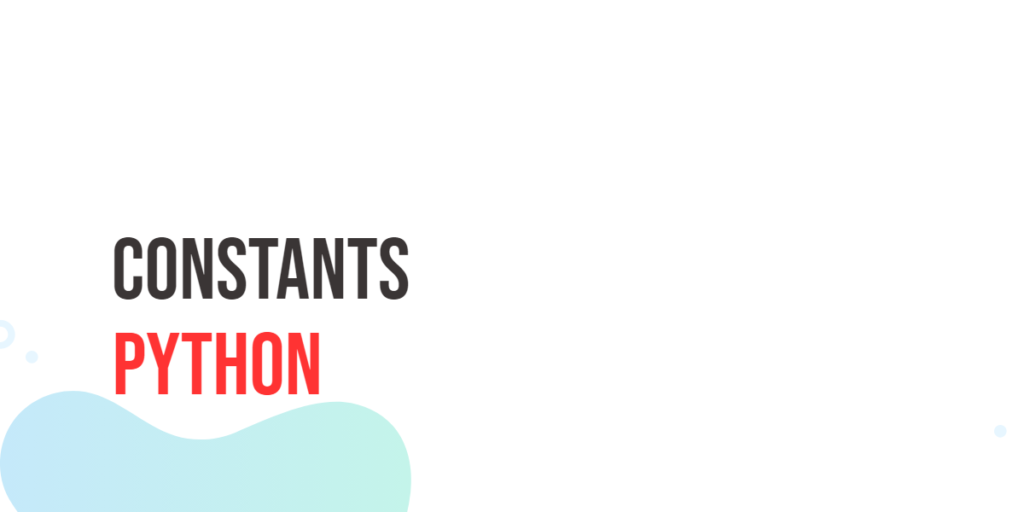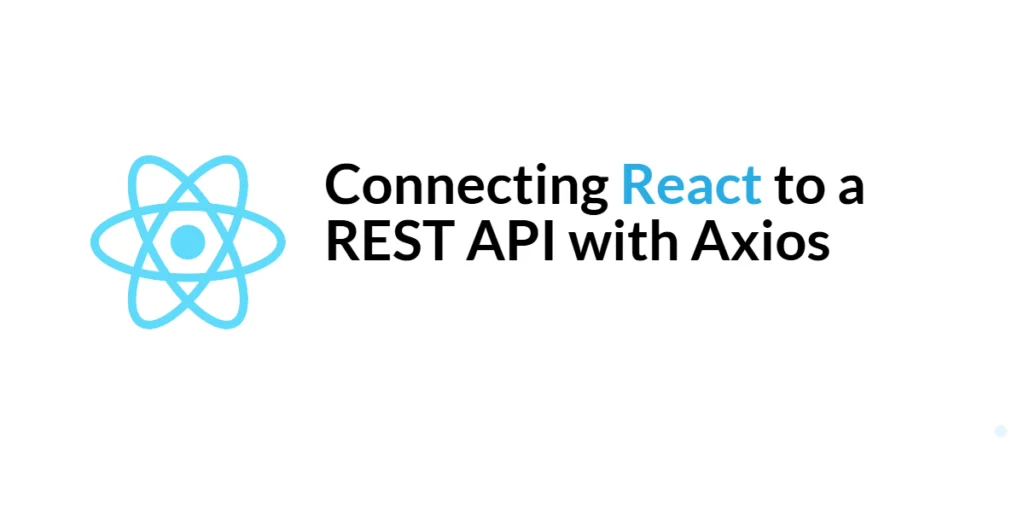In the vast universe of programming languages, C++ stands out as a powerful and versatile tool for software development. At the heart of C++ programming lies the concept of variables, fundamental building blocks that enable developers to store and manipulate data efficiently. In this article, we will explore C++ variables, understand their types, and master the art of variable manipulation through comprehensive code examples.
Understanding Variables in C++
At its core, a variable is a named memory location that holds a value. In C++, variables are essential for storing and manipulating data within a program. Before we jump into the details, let’s start by examining the basic syntax for declaring a variable in C++:
// Syntax for variable declaration
data_type variable_name;Here, data_type represents the type of data the variable will hold, and variable_name is the chosen identifier for the variable. C++ supports various data types, including int, float, double, char, bool, and more, each serving a specific purpose.
#include <iostream>
int main() {
// Examples of variable declaration
int score;
float pi;
char initial;
bool isValid;
return 0;
}Initialization of Variables
Once a variable is declared, it can be initialized with a specific value. Initialization assigns an initial value to the variable, and it can be done simultaneously with declaration or later in the code:
#include <iostream>
int main() {
// Initializing variables during declaration
int score = 100;
float pi = 3.14;
char initial = 'A';
bool isValid = true;
// Initializing variables after declaration
int count;
count = 5;
std::cout << "Score: " << score << std::endl;
std::cout << "PI: " << pi << std::endl;
std::cout << "Initial: " << initial << std::endl;
std::cout << "Is Valid: " << std::boolalpha << isValid << std::endl;
std::cout << "Count: " << count << std::endl;
return 0;
}C++ allows you to initialize variables using the equals sign (=) or curly braces {}. The latter is particularly useful when initializing multiple variables simultaneously:
#include <iostream>
int main() {
// Using curly braces for initialization
int x{10};
int y{20}, z{30};
std::cout << "X: " << x << std::endl; // 10
std::cout << "Y: " << y << std::endl; // 20
std::cout << "Z: " << z << std::endl; // 30
return 0;
}C++ also allows the use of the auto keyword for type inference, making variable declaration more concise:
#include <iostream>
int main() {
auto autoVar = 3.1415; // autoVar is deduced as a double
std::cout << "Auto Var: " << autoVar << std::endl;
return 0;
}Variable Scope and Lifetime
Variables in C++ have a scope, which refers to the portion of the code where the variable is accessible. The scope of a variable is determined by its declaration location. There are primarily three types of variable scope in C++:
Local Scope
Variables declared within a block or a function have local scope. They are only accessible within that specific block or function.
#include <iostream>
void myFunction() {
// Declare a local variable
int x = 10;
// Display the value
std::cout << "Value of x: " << x << std::endl;
}
int main() {
// Attempting to access the local variable x here will result in an error
// as it is not in scope
// Call the function
myFunction();
return 0;
}In this example, the variable x is declared within the function myFunction and is only accessible within that function.
Global Scope
Variables declared outside of any function or block have global scope. They can be accessed throughout the entire program.
#include <iostream>
// Declare a global variable
int globalVar = 50;
void myFunction() {
// Access the global variable
std::cout << "Value of globalVar (myFunction): " << globalVar << std::endl;
}
int main() {
// Access the global variable
std::cout << "Value of globalVar (main): " << globalVar << std::endl;
// Call myFunction function
myFunction();
return 0;
}Here, globalVar is a global variable, and it can be accessed within the main function, or any other function. Minimize the use of global variables as they can lead to unintended side effects and make code harder to understand and maintain.
Function Parameter Scope
Parameters passed to a function act as local variables within that function.
#include <iostream>
void displayNumber(int num) {
// num is a local variable within this function
// Display the value
std::cout << "Value of num: " << num << std::endl;
}
int main() {
// Call the function with num set to 45
displayNumber(45);
return 0;
}In addition to scope, variables also have a lifetime, which is the duration during which the variable exists in the memory. The lifetime of a local variable is limited to the duration of the block or function, while global variables exist throughout the entire program’s execution.
Variable Naming Conventions
Choosing meaningful and descriptive names for variables is crucial for writing maintainable and readable code. Here are some variable naming rules in C++:
Start with a letter: Variable names must begin with a letter (uppercase or lowercase) or an underscore (_). After the first character, variable names can include letters, numbers, and underscores.
#include <iostream>
int main() {
int _count = 10;
std::cout << "_count: " << _count << std::endl;
return 0;
}Avoid reserved keywords: Variable names cannot be a keyword reserved by the language, such as int, float, or double.
Case-sensitive: C++ is case-sensitive, so uppercase and lowercase letters are distinct.
#include <iostream>
int main() {
int count = 5;
int Count = 10;
std::cout << "count: " << count << std::endl;
std::cout << "Count: " << Count << std::endl;
return 0;
}Use meaningful names: Choose names that reflect the purpose of the variable.
#include <iostream>
int main() {
float temperature = 98.6;
std::cout << "Temperature: " << temperature << std::endl;
return 0;
}No spaces or special characters: Variable names cannot contain spaces or special characters (except underscores).
#include <iostream>
int main() {
int student_age = 20; // Correct
int student age = 20; // Incorrect: Space not allowed between variable name 'student' and 'age'
return 0;
}The above program encounters an error due to the presence of a space between “student” and “age” in the declaration of the second variable. It’s important to ensure that variable names follow the correct syntax without any spaces or special characters.
Variables in Action
Now, let’s explore how variables are used in practical examples:
#include <iostream>
int main() {
// Declare and initialize variables
int apples = 5;
float pricePerApple = 1.25;
// Calculate the total cost
float totalCost = apples * pricePerApple;
// Display the result
std::cout << "The total cost of " << apples << " apples is: $" << totalCost << std::endl;
return 0;
}In this example, we declare variables for the number of apples and the price per apple. We then use these variables to calculate the total cost and display the result.
Conclusion
Variables are the building blocks of C++ programming, providing a means to store and manipulate data within a program. Understanding the different data types, proper variable naming conventions, and the scope of variables is crucial for writing efficient and maintainable code. In future articles, we’ll explore more advanced topics related to C++ programming, building upon the foundation laid by variables.
Related:
